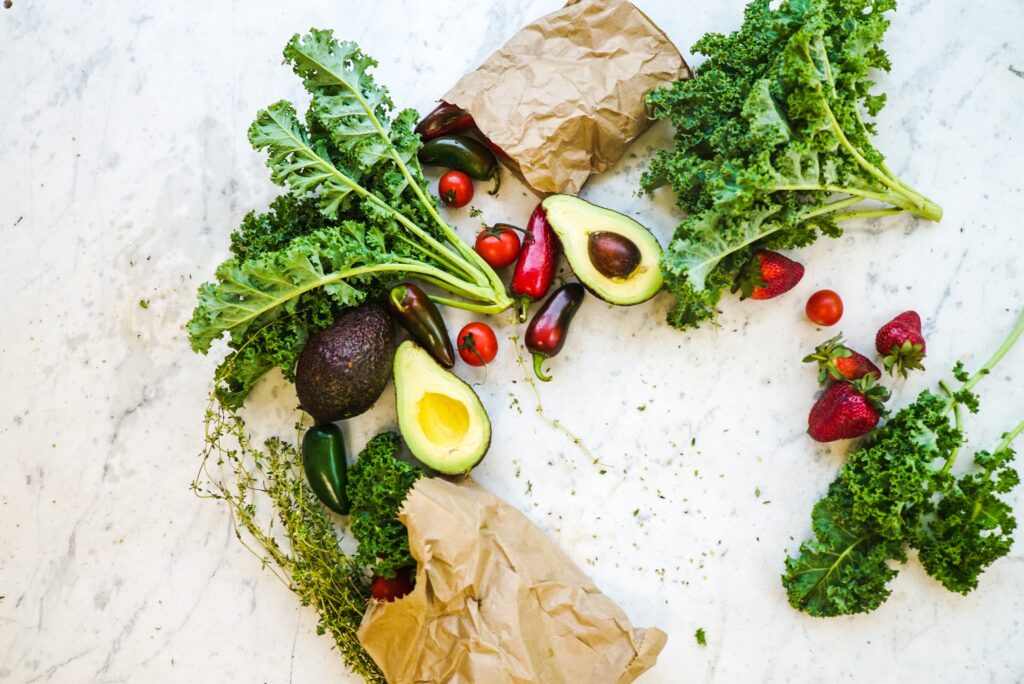The ultimate guide to clean eating. Clean eating is a term that’s been thrown around a lot lately. It’s often used to describe a healthy lifestyle that involves consuming whole, unprocessed foods that are minimally cooked or prepared. The concept of clean eating is not new, but it has gained popularity in recent years due to an increased interest in health and wellness. In this article, we’ll explore what clean eating is, its benefits, how to get started, and tips for success.
What is Clean Eating? The Ultimate Guide to Clean Eating
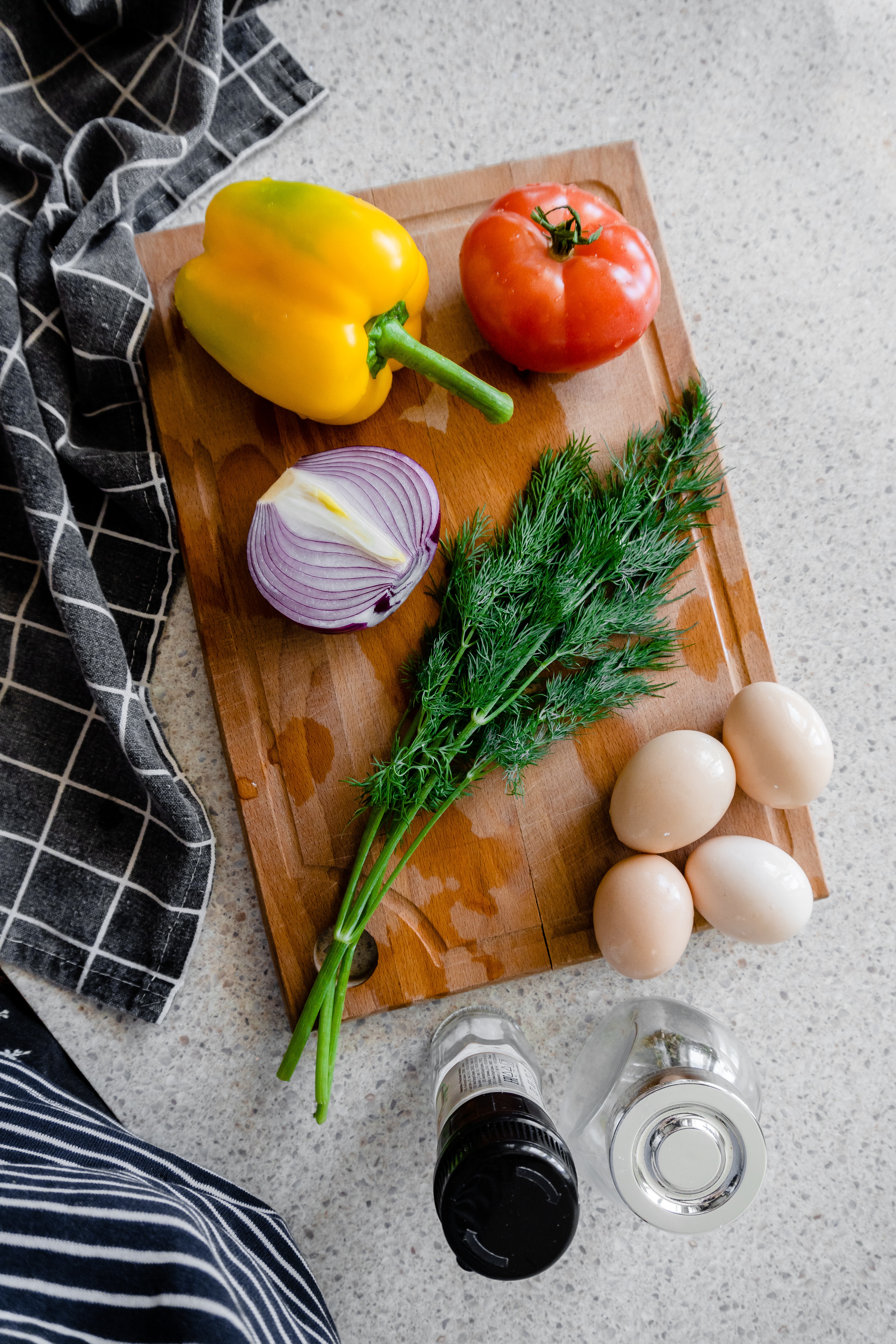
Clean eating is a philosophy that focuses on eating whole, unprocessed foods in their natural state. This means avoiding foods that have been highly processed or contain artificial additives. The goal of clean eating is to nourish your body with nutrient-dense foods that are free of harmful chemicals and preservatives. By eating clean, you’ll be consuming foods that are rich in vitamins, minerals, and fiber, which can help support your overall health and wellbeing.
The Benefits of Clean Eating
There are numerous benefits to clean eating. Here are just a few:
Improved Digestion. Clean foods are easier for your body to digest, which can help improve gut health and reduce bloating and discomfort.
Better Heart Health: A diet rich in whole, unprocessed foods can help lower your risk of heart disease and stroke.
Boosted Energy Levels: Clean foods are nutrient-dense and can provide your body with the energy it needs to function optimally.
Weight Loss and Maintenance. Clean eating can help you maintain a healthy weight by providing your body with the right nutrients without excess calories.
How to Get Started with Clean Eating
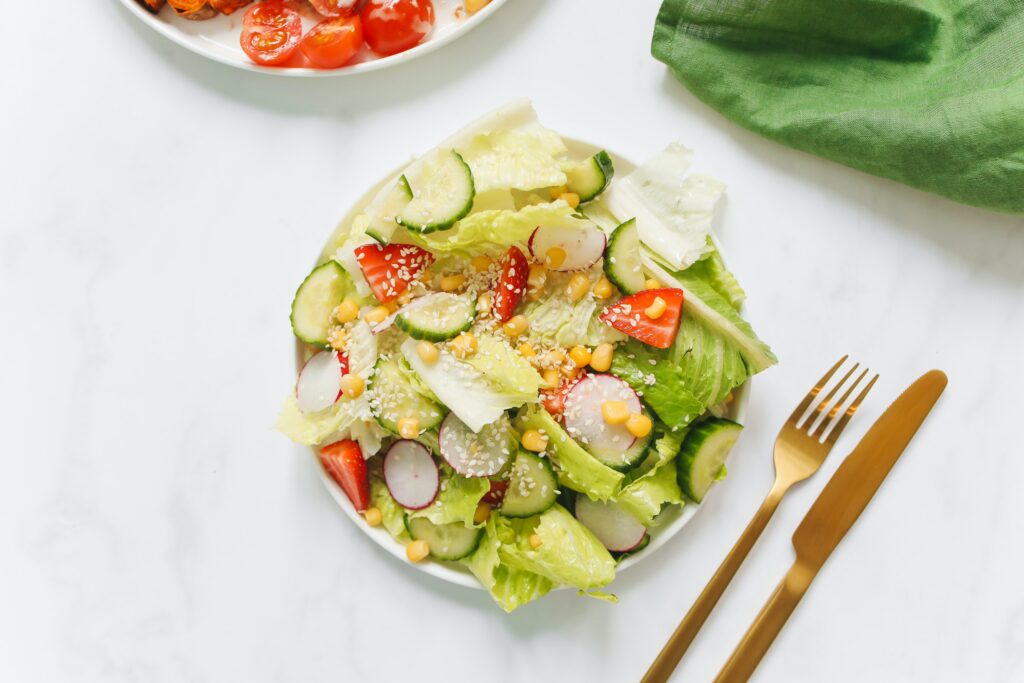
If you’re new to clean eating, it can be challenging to know where to start. Here are some tips to help you get started:
Set Goals and Define Your Why: Determine why you want to start clean eating and set realistic goals for yourself.
Create a Meal Plan and Grocery List: Plan your meals and snacks in advance to ensure that you’re consuming a variety of clean foods.
Stock Your Kitchen with Clean Foods: Also, fill your kitchen with whole, unprocessed foods, such as fresh fruits and vegetables, lean proteins, and healthy fats.
Learn to Read Food Labels: Read food labels carefully to ensure that the foods you’re consuming are free of harmful additives and chemicals.
Tips for Clean Eating Success The Ultimate Guide to Clean Eating
Here are some tips to help you succeed in your clean eating journey:
Cook at Home: Preparing your meals at home can help you control the ingredients you’re consuming.
Eat Mindfully: Slow down and enjoy your meals, and pay attention to your body’s hunger and fullness cues.
Meal Prep for Success: Prepare your meals in advance to help you stay on track with your clean eating goals.
Find Clean Eating Alternatives: Look for clean eating alternatives to your favorite foods, such as swapping white bread for whole-grain bread or using Greek yogurt instead of sour cream.
Foods to Avoid The Ultimate Guide To Clean Eating
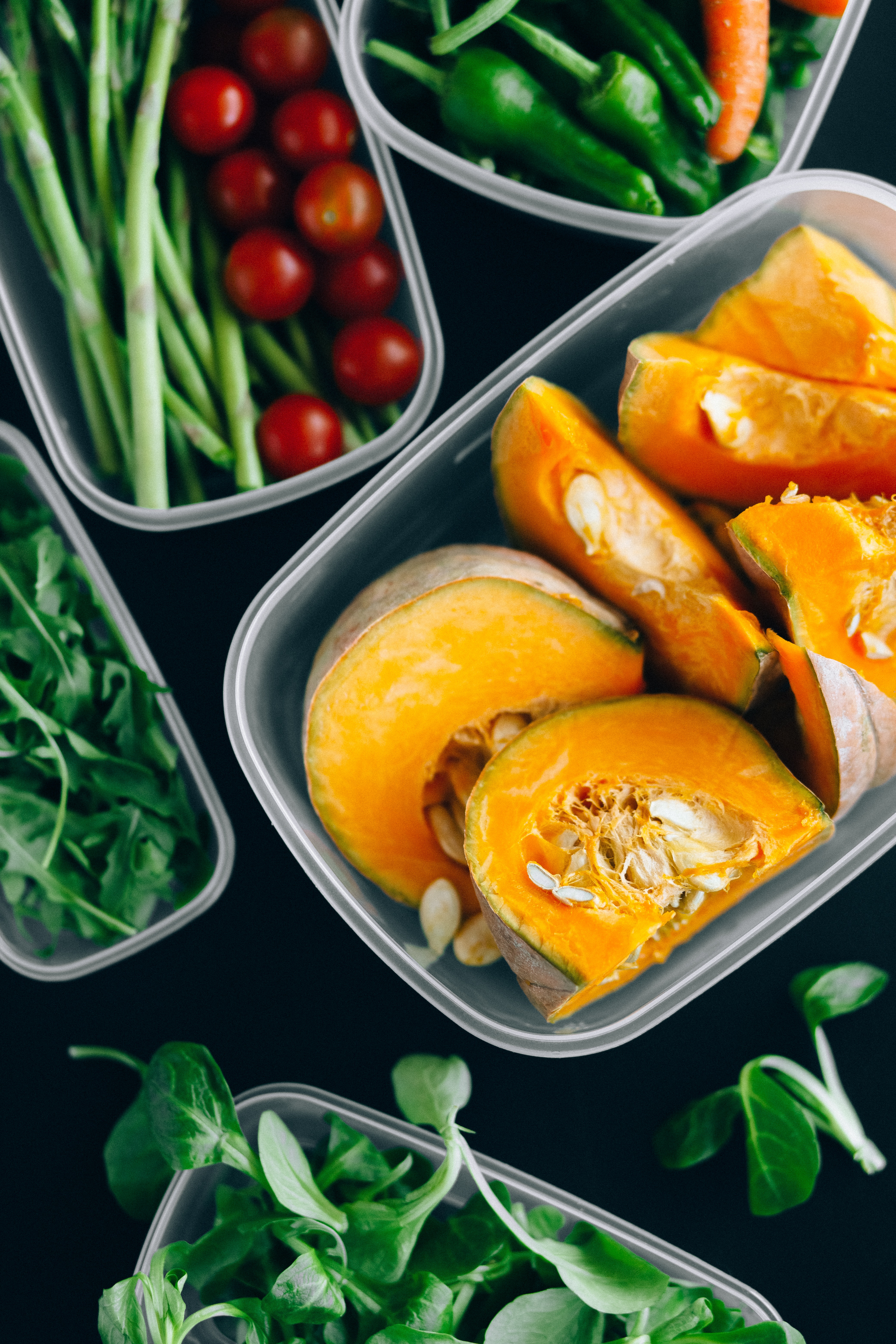
Here are some foods to avoid when practicing clean eating:
Highly Processed Foods: In addition, foods that have been highly processed, such as chips, cookies, and candy, are often high in added sugars and unhealthy fats.
Refined Sugar: Foods that contain refined sugars, such as soda and candy, can cause blood sugar spikes and crashes.
Artificial Sweeteners: Artificial sweeteners, such as aspartame and sucralose, have been linked to a range of health issues, including weight gain and digestive problems.
Trans Fats: Trans fats are found in many processed foods and have been linked to an increased risk of heart disease and other health problems.
Frequently Asked Questions (FAQs
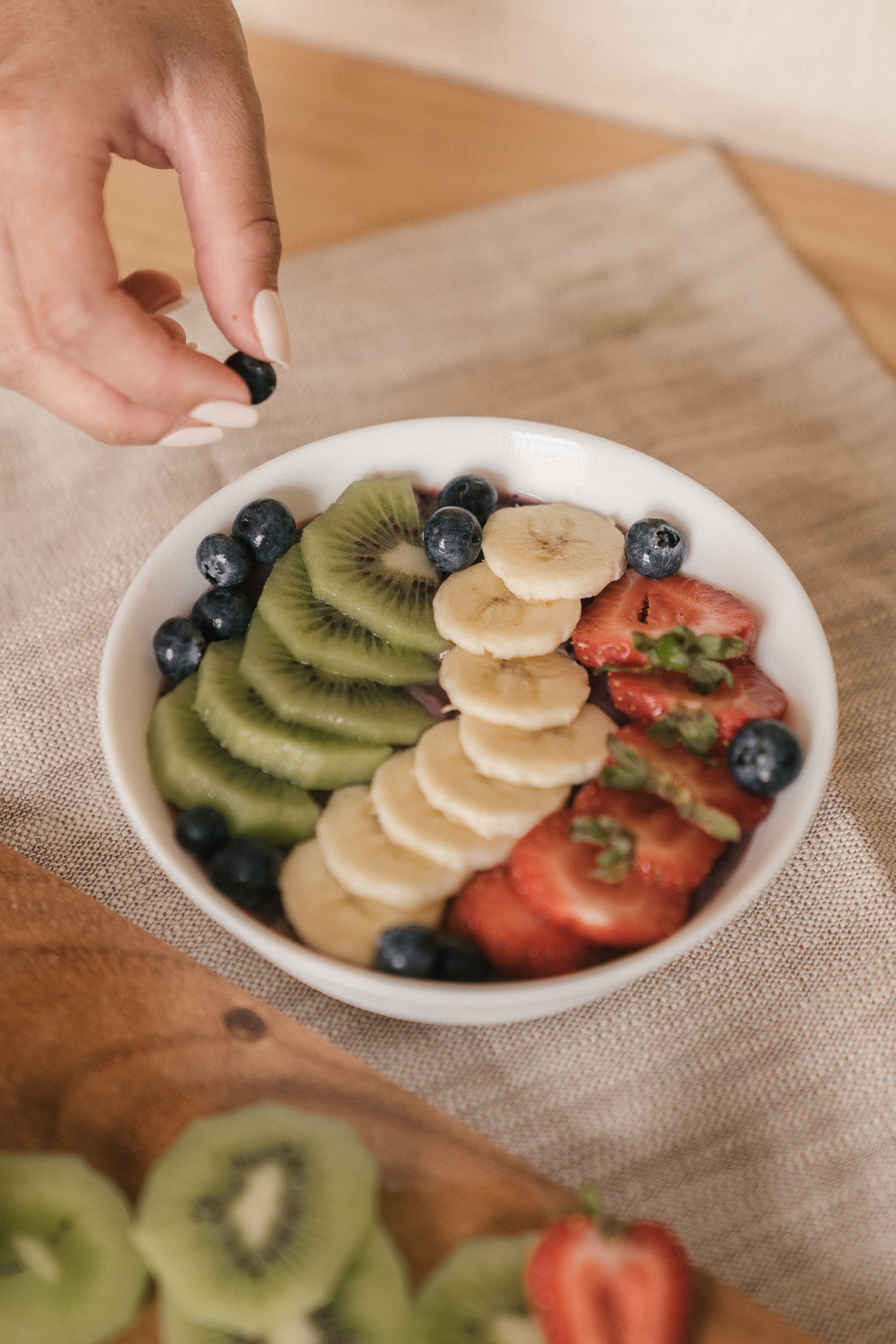
Q: Can I eat carbs on a clean eating diet?
A: Yes, you can eat carbs on a clean eating diet. However, it’s important to choose complex carbohydrates, such as whole grains, sweet potatoes, and legumes, rather than refined carbs like white bread and pasta.
Q: Is clean eating expensive?
A: Clean eating can be more expensive than a diet that includes highly processed foods. However, there are ways to save money, such as buying in bulk, shopping for seasonal produce, and cooking at home.
Q: Can I eat out while following a clean eating diet?
A: Yes, you can eat out while following a clean eating diet. Look for restaurants that offer whole food options, such as salads, grilled meats, and roasted vegetables. You can also ask for substitutions or modifications to make your meal cleaner.
Final Thoughts:
Clean eating is a lifestyle choice that can have numerous health benefits. Also, By consuming whole, unprocessed foods, you’ll be providing your body with the nutrients it needs to function optimally. Getting started with clean eating can be challenging, but with the tips and strategies outlined in this guide, you can set yourself up for success. Also, remember to set realistic goals, plan your meals in advance, and focus on consuming nutrient-dense foods. With dedication and commitment, you can make clean eating a part of your daily routine and enjoy the many benefits it has to offer.
Be Blessed…Stay Safe!

